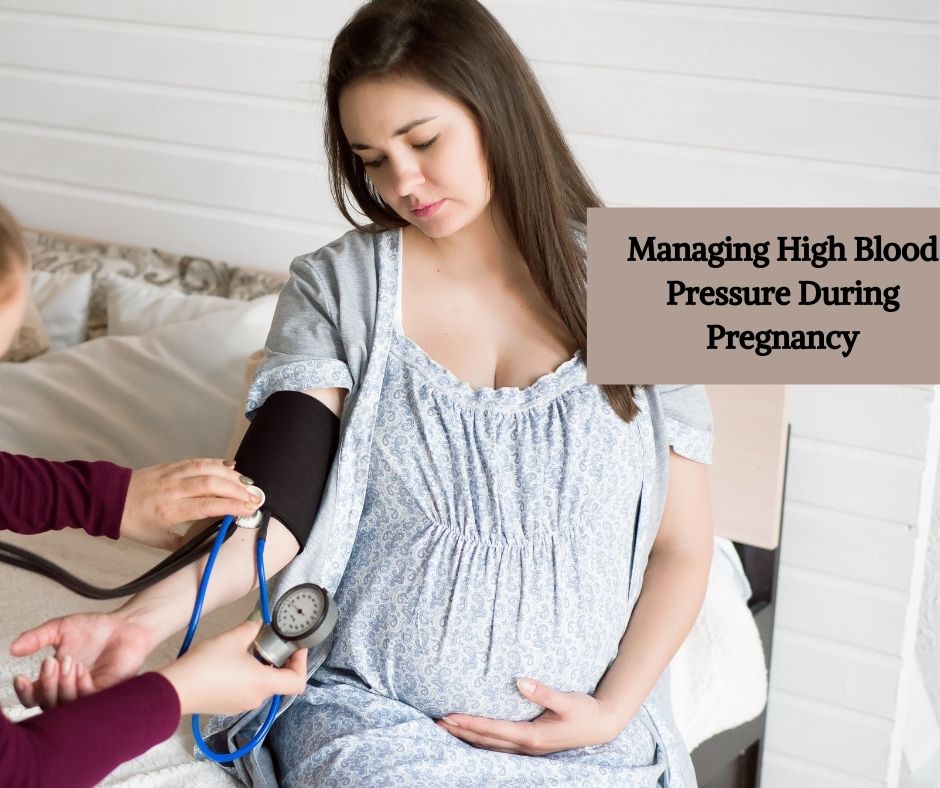Blood pressure is common in pregnancy. Several women suffer from high blood pressure during pregnancy. It is estimated, especially in the age of 22-40. During pregnancy, women experience three types of blood pressure: chronic, gestational, and preeclampsia.
High blood pressure results in high risk during pregnancy. In some cases, it is curable. Alternatively, it causes severe complications as well. The complications affect the infant as well as the mother. It also results in infant death and poor delivery outcomes. Not only that, but women also suffer from HELLP syndrome, which causes blood and liver disorders. The complications endanger the life of both mother and fetus.
How to manage high blood pressure during pregnancy?
Pregnant women must go through a strict schedule during this stage. To manage and lower the risk of high blood pressure, these reason shows highly predictable:
- Limit the consumption of salt
- Check your blood pressure regularly
- Increasing the amount of drinking water
- Stick to a balanced diet, especially plant-based food and low processed food
- Follow regular exercise
- Getting regular prenatal checkups
- Avoid cigarettes and alcohol
Treatments to follow:-
Following the consequences caused by hypertension, doctors naturally suggest anti-hypertensive drugs. The drug works by controlling the flow of blood through the heart. The drug mainly belongs to the different groups of pregnant women.
In the case of gestational hypertension, it turns out severe and causes preeclampsia. During the stage, the doctor predicts a different kind of vasoconstrictor that lowers the blood pressure of the women. If it is not a full-term pregnancy, it also helps in the maturation of the baby.
Conclusion:-
Managing high blood pressure during pregnancy is essential. Dr. Meghana Pande says both mother and infant’s health are important during pregnancy. To keep the infant and the mother safe, it is necessary to follow a strict schedule. It is useful for both mother’s and infant’s health. In the end, it results in the safe and well-delivery of the infant. To get any further assistance or guidance, please contact Dr. Meghana Pnade in Pune.







